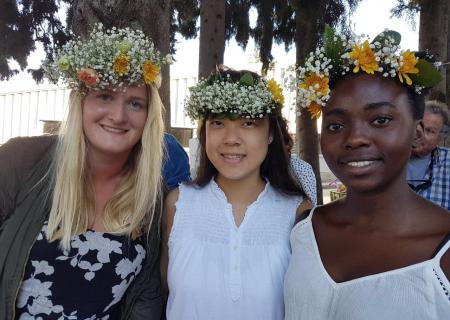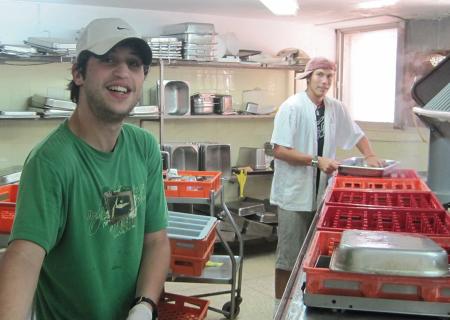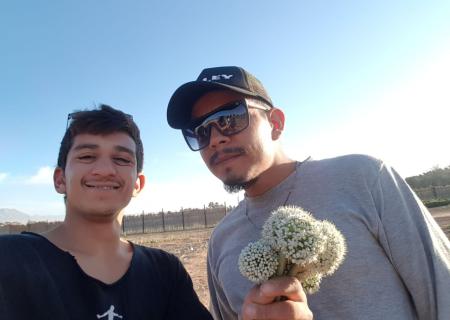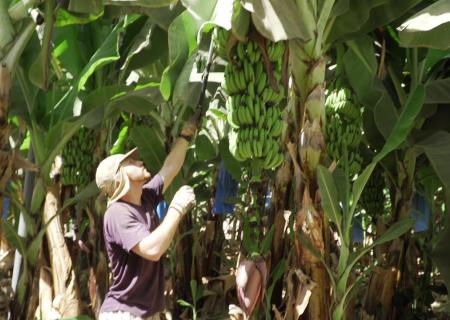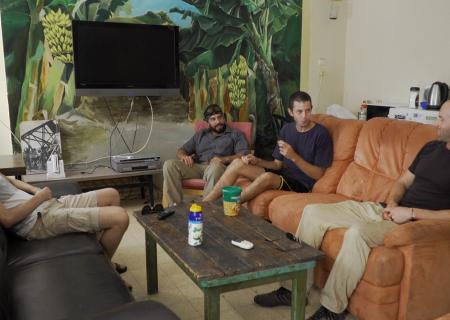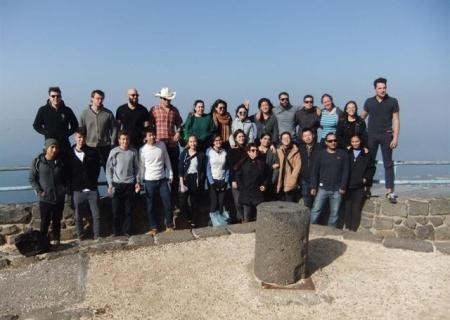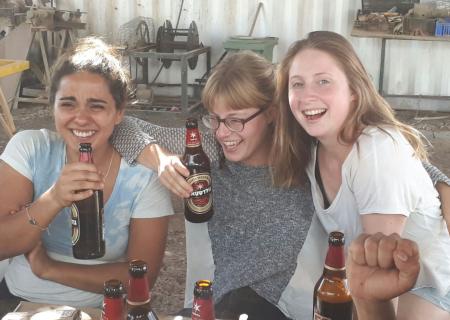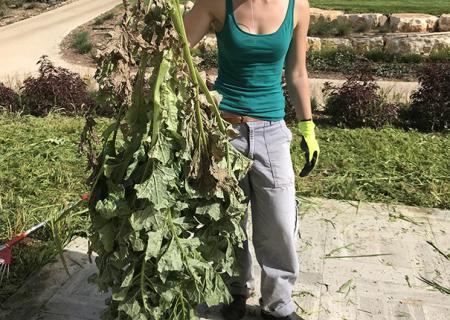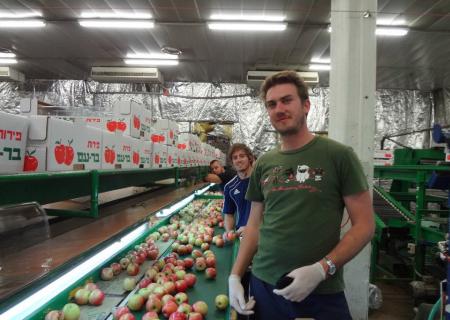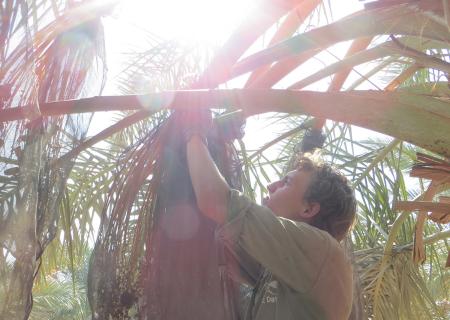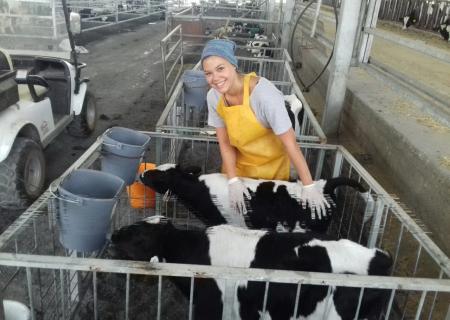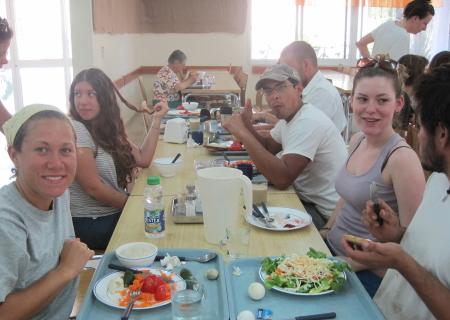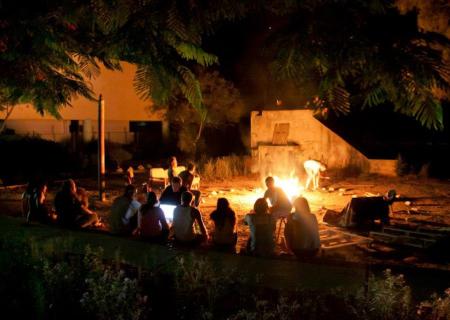The word kibbutz means ‘gathering’; it is a uniquely Israeli type of settlements deeply rooted in the values of social responsibility, communal and cooperative living and Jewish culture and tradition.
The first kibbutzim created over 100 years ago, by young Zionist pioneers, were socialist agricultural settlements with shared ownership of means of production and consumption. Over time they have had to adapt to the changing world around them, both in terms of the way the kibbutzim are run and the focus of their activities.
Although the kibbutzim are still responsible for 30% of Israel’s agricultural output, many have diversified their activities to include high tech industries and tourism.
Most Kibbutzim have adopted a new model for the way in which they are run, allowing greater independence for their members whilst retaining the social and cultural integrity of the community.
The modern Kibbutz movement is experiencing a period of important growth and renewal as more and more people are drawn to the idea of living in a tight-knit and safe community sharing strong humanistic values.

